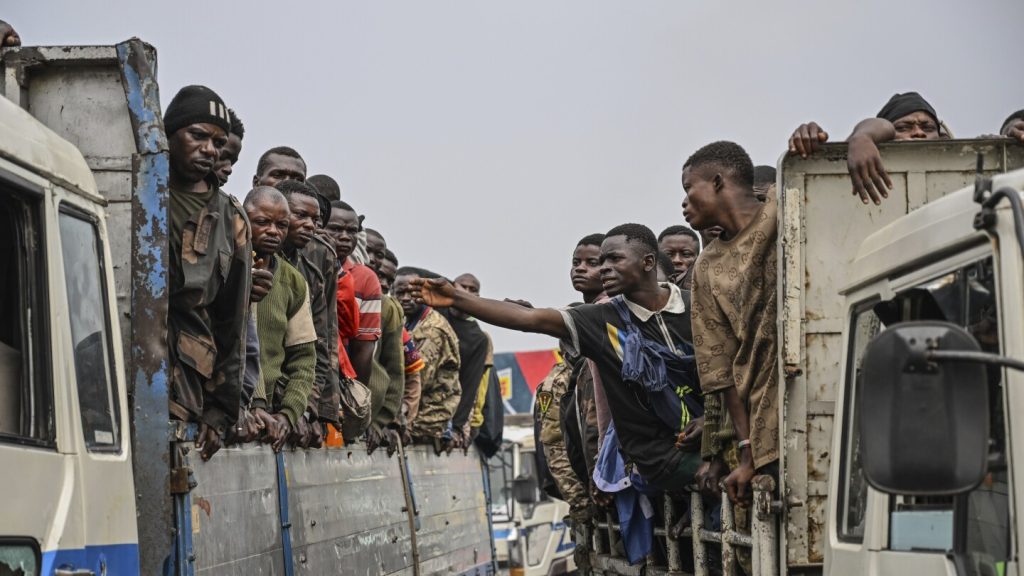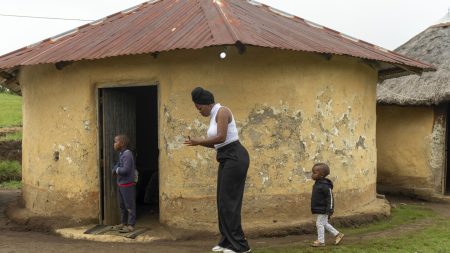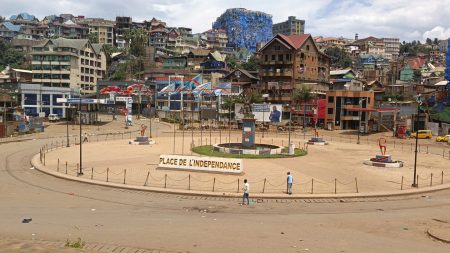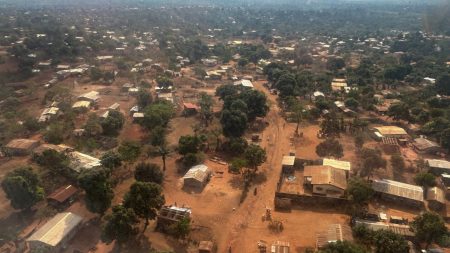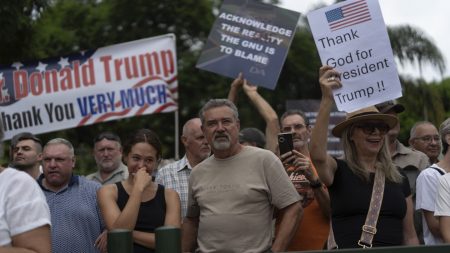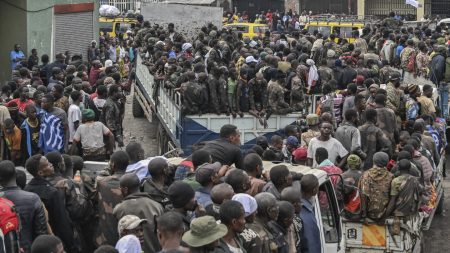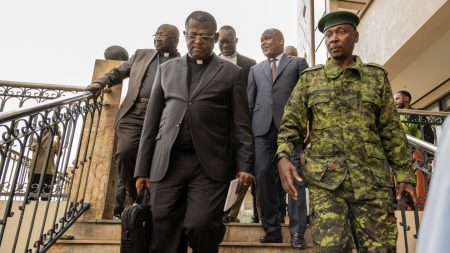Understanding the Crisis in Eastern Congo: A Regional Powder Keg
The situation in eastern Congo has reached a critical point, with the Rwanda-backed M23 rebels making significant advances, capturing key cities like Goma, and threatening to escalate the conflict into a full-blown regional war. Analysts warn that the involvement of multiple neighboring countries, each with their own interests and tensions, could draw in even more nations, turning the conflict into a wider crisis. The region, rich in mineral resources, has long been a battleground for competing factions, and the current conflict has the potential to engulf the entire Great Lakes region of Africa.
The Role of Neighboring Countries in the Conflict
The Congolese government, led by President Félix Tshisekedi, has sought the help of regional allies to counter the M23 rebellion. Troops from Burundi, Tanzania, and Uganda have been deployed to support Congolese forces, each with their own motivations and tensions. Burundi, which has a strained relationship with Rwanda, has accused Rwanda of backing rebels opposed to Burundian President Évariste Ndayishimiye. Uganda, which has its own conflicts with Rwanda, has also deployed troops to fight a different rebel group in eastern Congo. The involvement of these countries has created a complex web of alliances and rivalries, with each nation seeking to protect its interests in the mineral-rich region.
The Surge in Fighting and Its Historical Roots
The M23 rebellion, widely seen as a proxy force backed by Rwanda, has its roots in decades of ethnic and political tensions. The group claims to represent the interests of Congolese Tutsis, who have long felt marginalized in eastern Congo. Rwanda, under President Paul Kagame, has justified its involvement by pointing to the presence of ethnic Hutu rebels in the region, some of whom are accused of participating in the 1994 Rwandan genocide. The conflict has been fueled by the region’s vast mineral wealth, estimated to be worth trillions of dollars, which has drawn in various armed groups and foreign actors.
The Risk of Regional Escalation
The conflict in eastern Congo has the potential to spiral into a broader regional war, drawing in multiple countries. Rwanda and Uganda, both of which have significant influence in the region, are seen as key players in either escalating or resolving the conflict. Analysts have warned that the current situation is highly volatile, with both Kagame and Ugandan President Yoweri Museveni eager to assert their influence in eastern Congo. The involvement of other nations, including Burundi and Tanzania, further complicates the situation, with the risk of new alliances and rivalries emerging.
Efforts at Peace and the Challenges Ahead
Despite regional and international efforts to broker peace, the conflict continues to escalate. A recent summit in Tanzania, attended by leaders from eastern and southern Africa, failed to produce a concrete plan to end the fighting, other than urging a ceasefire and further talks. The United Nations peacekeeping mission in eastern Congo has also struggled to stem the violence, with the Congolese government pressing for its withdrawal. Meanwhile, the involvement of mercenaries and foreign troops has added another layer of complexity to the conflict, making it harder to achieve a lasting resolution.
The Uncertain Future of Eastern Congo
The situation in eastern Congo remains precarious, with no clear path to peace in sight. The Congolese government has refused to engage directly with the M23 rebels, viewing the conflict as a threat to its sovereignty rather than a purely ethnic issue. As the conflict continues to escalate, the region teeters on the brink of a wider war, with the potential to draw in even more countries. The involvement of Rwanda and Uganda, in particular, will be crucial in determining whether the conflict can be contained or whether it will spiral out of control, with far-reaching consequences for the entire region.





